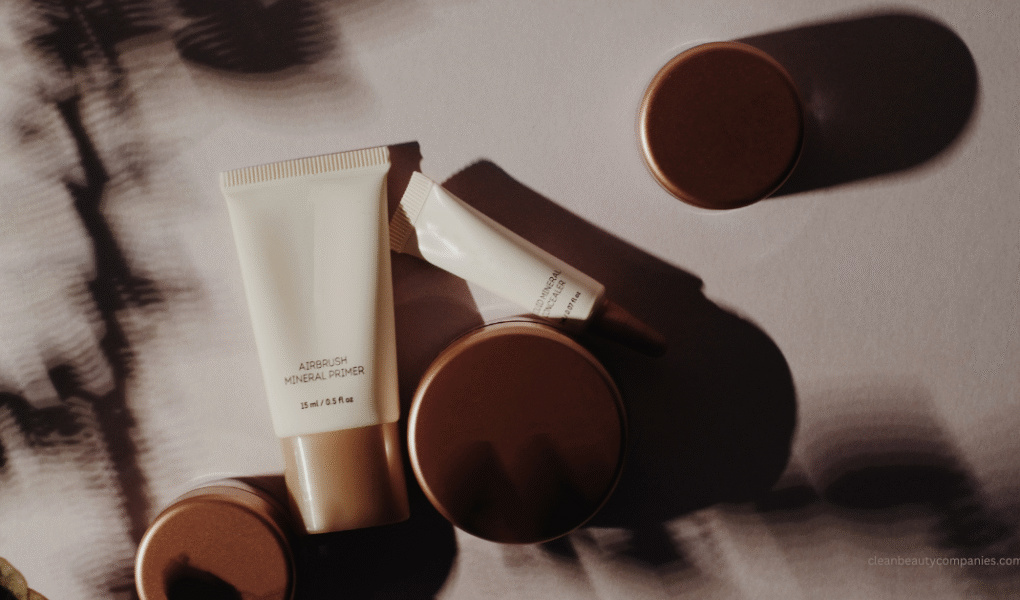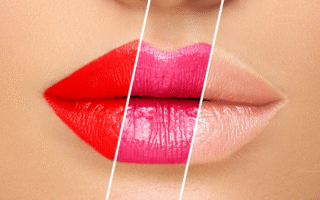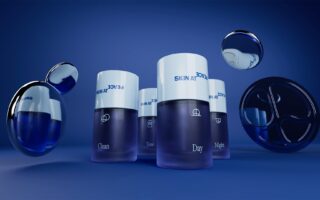Clean beauty didn’t invent transparency, but it helped popularize it. And now, more than ever, that expectation extends beyond ingredients to funding, ownership, and accountability across the beauty industry.
Clean beauty has always promised more than just better ingredients, it has promised integrity. Transparency about what’s in the bottle, where it comes from, and how it’s made. But what happens when the questions aren’t about the formula, but about who funds the brand?
Recently, it resurfaced that Sean “Diddy” Combs—now facing serious allegations of sexual misconduct and trafficking—was an ‘advisor and early investor’ in Thirteen Lune, a beauty retail platform founded to spotlight BIPOC-owned brands. Thirteen Lune has positioned itself as a beacon of inclusion and progress in the beauty space, championing equity and access in an industry long defined by exclusion. Other notable investors include actress and GOOP founder Gwyneth Paltrow, actress Naomi Watts, as well as venture capital firms such as Fearless Fund and BrainTrust Founders Studio. A black & white portrait of a much younger looking Gwyneth Paltrow– in what appear to be here underpants is still published on the website.
And yet, in the face of growing scrutiny around Combs’ legal troubles, the brand and its investors have made no public comment. No statement. Nothing.
This silence raises uncomfortable but necessary questions. If clean beauty is built on trust and transparency, don’t shoppers have a right to know who is profiting behind the scenes? Does silence serve consumers, or does it protect capital at the expense of community?
It’s not about guilt by association, it’s about consistency. Clean beauty asks us to care about traceability, ethics, and the long tail of every ingredient. Shouldn’t we also care where the money comes from? If we scrutinize mica mines and palm oil plantations, why not venture capital?
This isn’t a call to cancel a brand or platform. But clean beauty can’t afford selective transparency.



